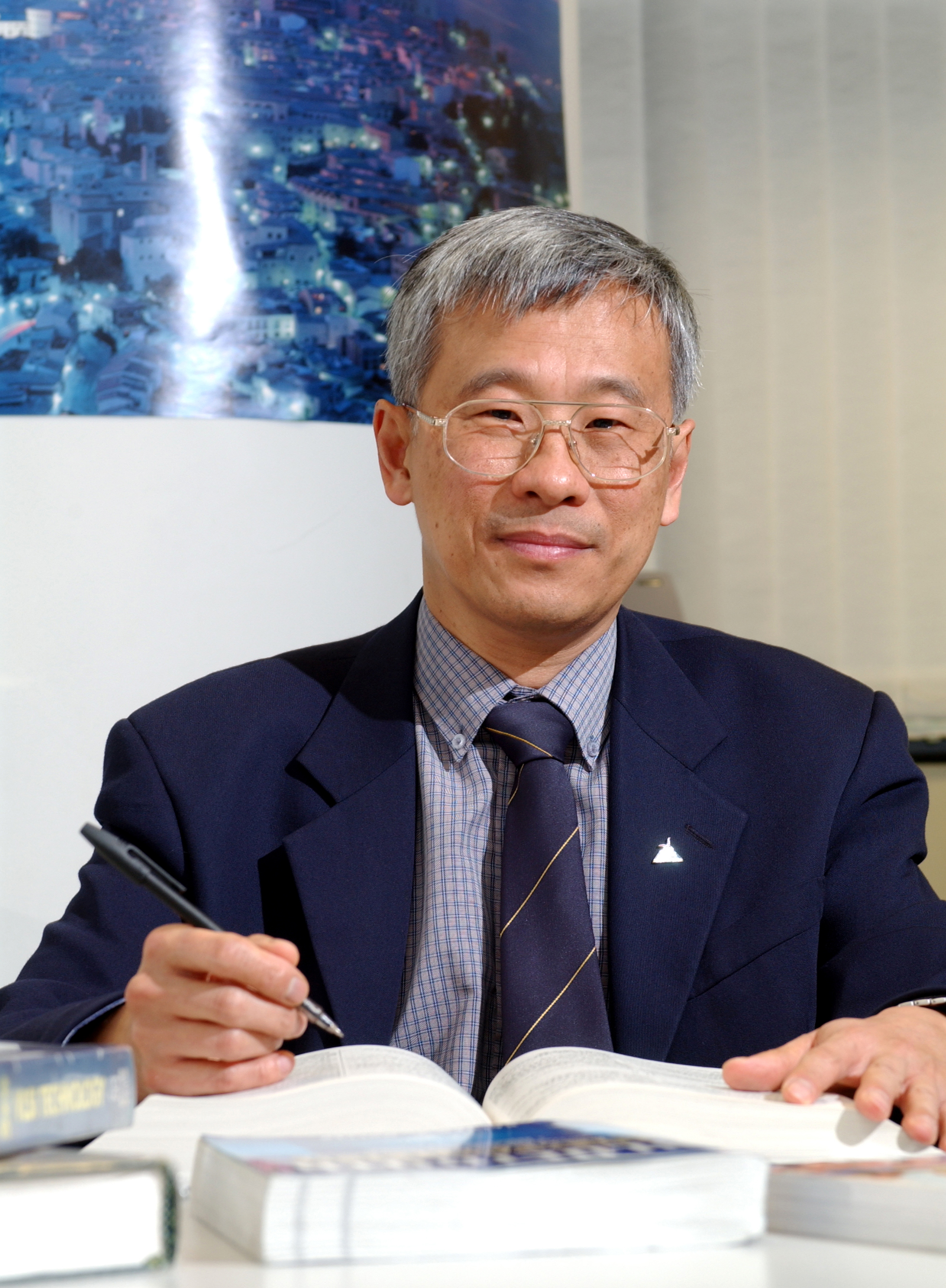
Philip Ching Ho
CHAN
陳 正 豪
PhD, Univ of Illinois, Urbana-Champaign
Fellow, IEEE
Professor Chan was born in Shanghai and raised in Hong Kong. He received his BS in Electrical Engineering from the University of California at Davis, where he graduated with highest honors and departmental citation. He received his MS and PhD degrees in EE from the University of Illinois at Urbana-Champaign (UIUC). After completed his PhD, he stayed at UIUC initially on an IBM Postdoctoral Fellowship and later be became a Visiting Assistant Professor in EE. Professor Chan joined Intel Corporation, Santa Clara, California in 1981 as a Senior Engineer in the Technology Development CAD Department. Later he became a Principal Engineer and Senior Project Manager in the same department. Professor Chan led a team that developed the TIM circuit simulation software that couples all Intel integrated circuits to Intel’s technologies. Today TIM is still the most widely used integrated circuit design tool at Intel. TIM contributed to the design of many successful Intel products such as 386, 486 and the Pentium family of microprocessors. In 1990, Professor Chan transferred to the Design Technology Department, Microproducts Group. There he led a team of engineers that defined and developed a CAD system to design multi-chip module products. This effort led to the first functional 486 based multi-chip module at Intel. He joined the Hong Kong University of Science of Technology in 1991.
At HKUST, he served as the Director of Undergraduate Studies, the founding Director of Computer Engineering, Associate Dean of Engineering and Head of the Department of Electronic and Computer Engineering, Acting Dean of Engineering. He became the Dean of Engineering in September 2003. He was also Director of Nanoelectronics Fabrication Facility at HKUST. He is a Fellow of HKIE, a member of the HKIE Accreditation Board and member of the Information Discipline Panel.